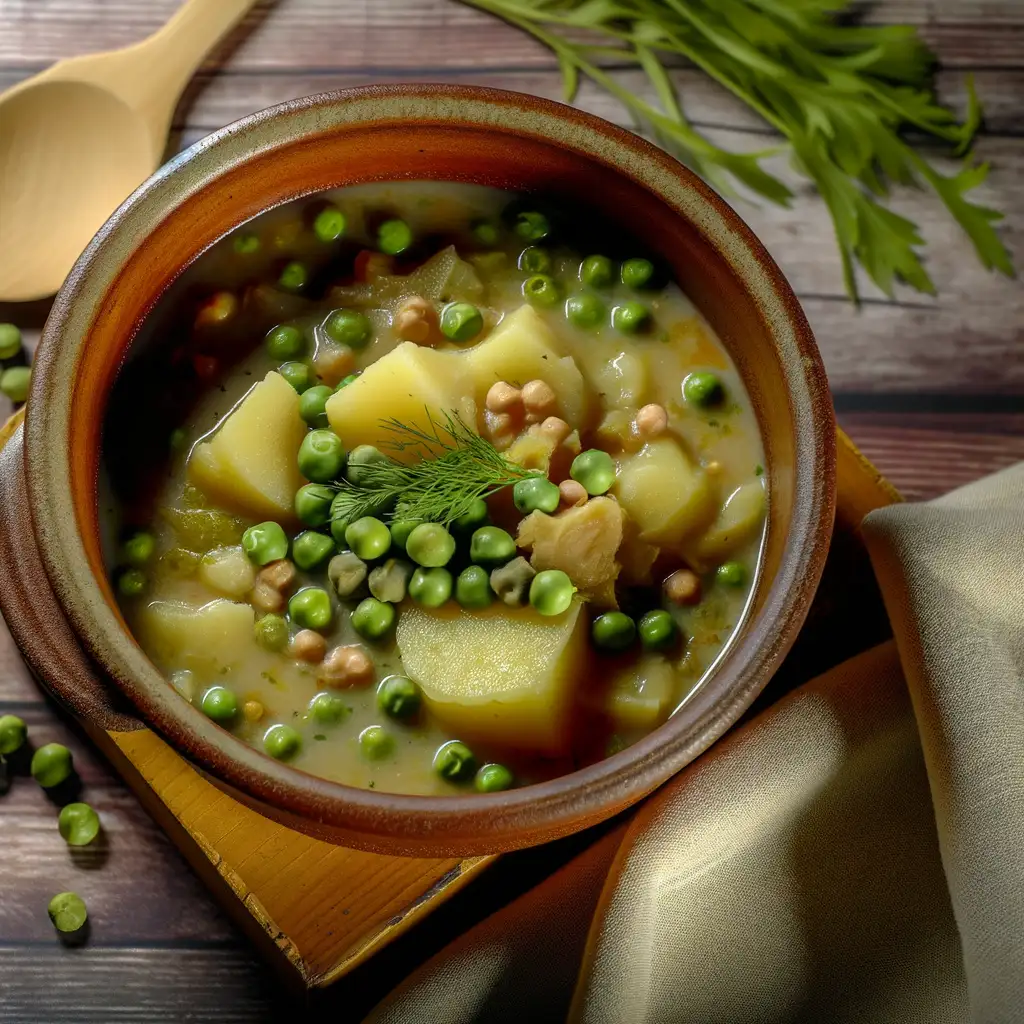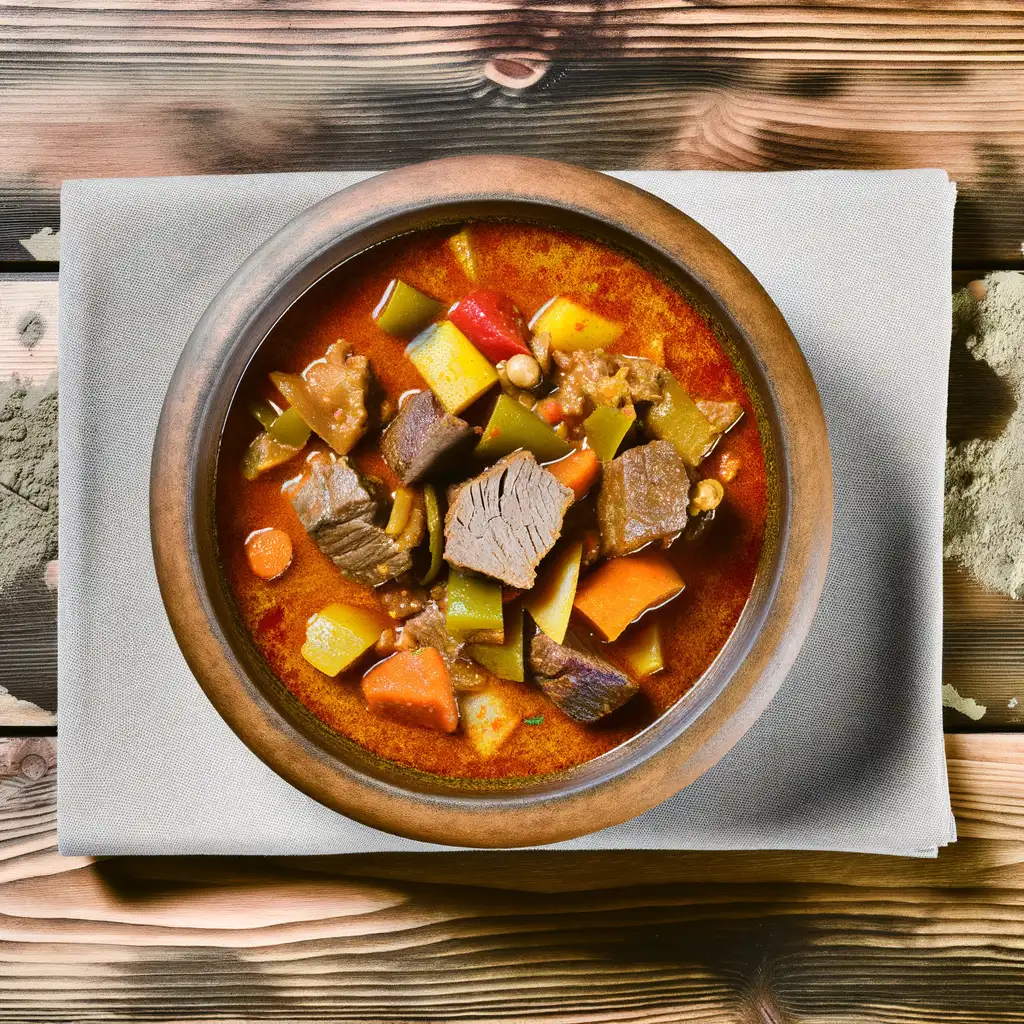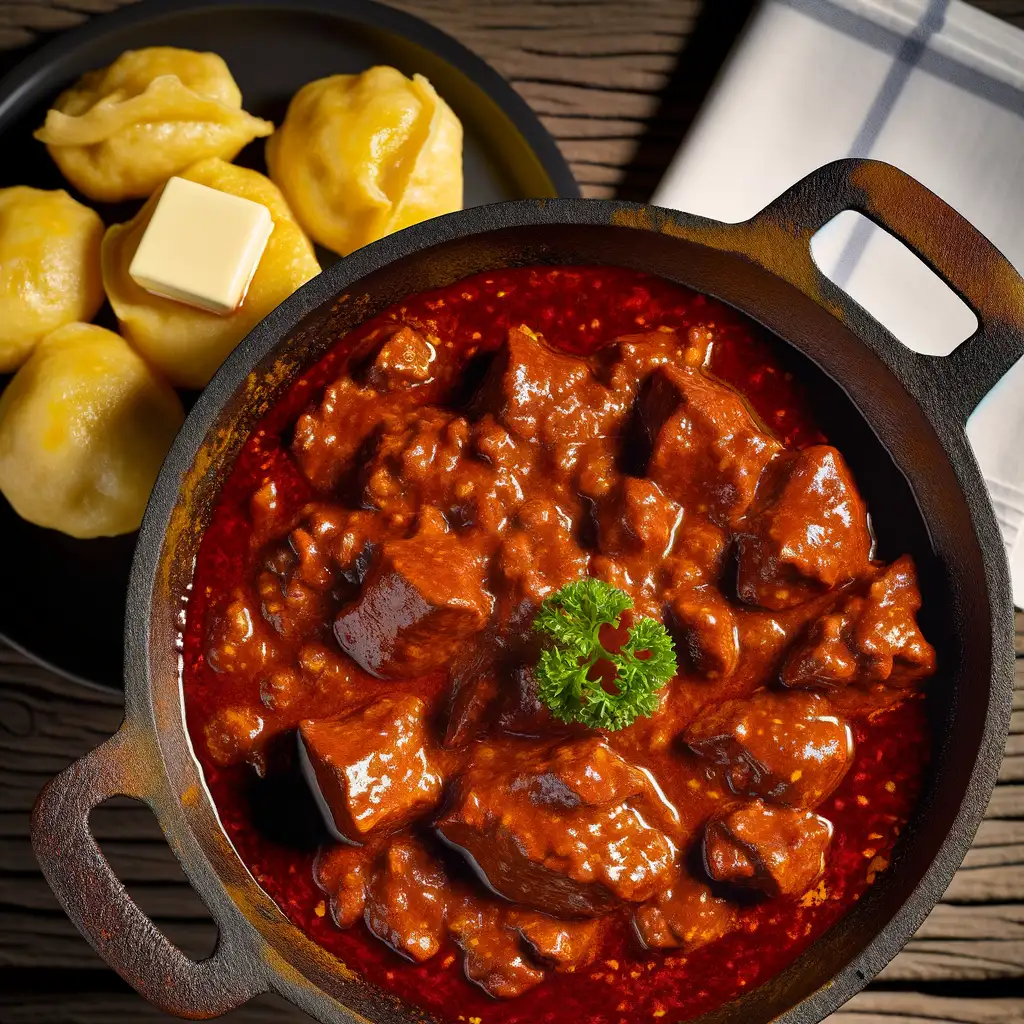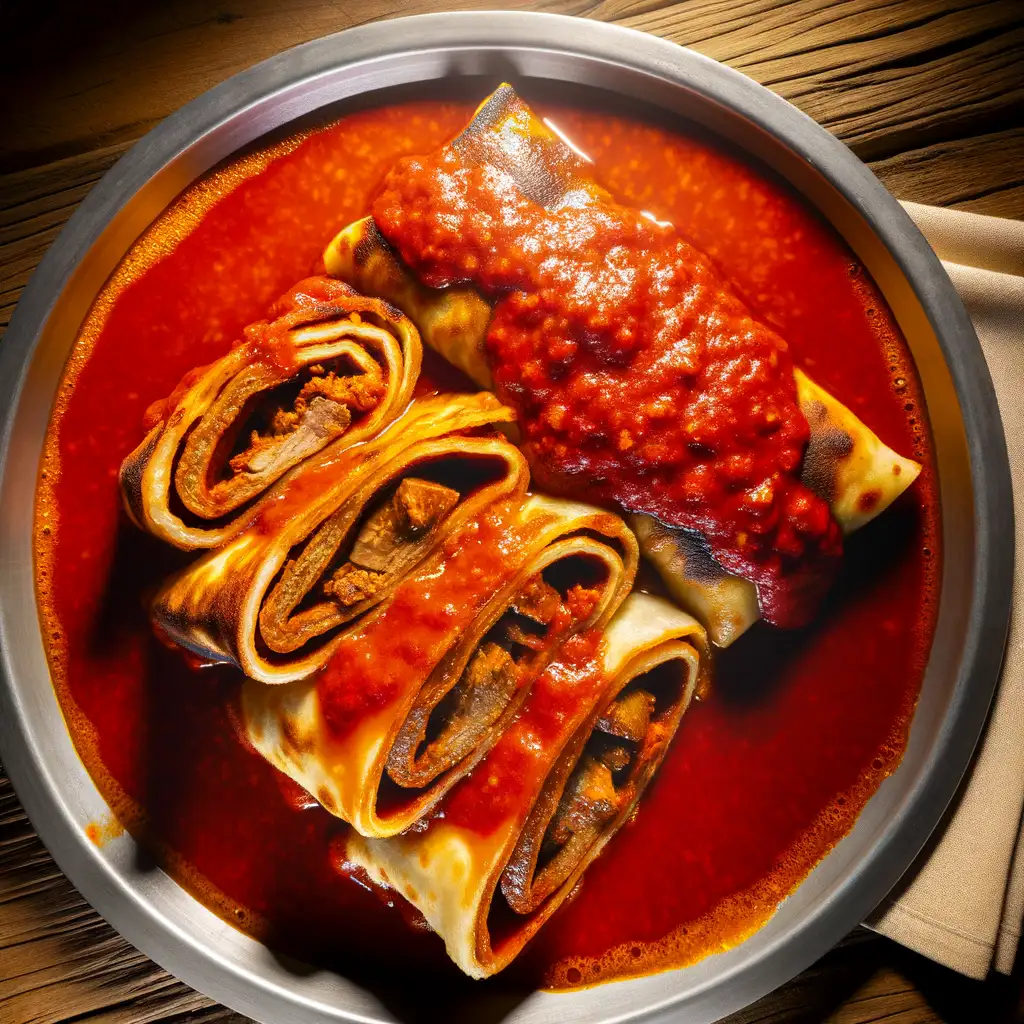



If you ever find yourself craving a blend of laid-back lakeside charm and lively summer energy,Zamárdi in Hungary is where you want to be. Imagine waking up to the gentle lapping of Lake Balaton’s waves,the air tinged with the fresh scent of water and pine from nearby forests. The town has this effortlessly warm vibe,where locals greet you with genuine smiles and the pace slows just enough to savor every moment. It’s not just a place to visit; it’s a place to feel alive. Strolling along the waterfront,you’ll catch the laughter of families and the distant beat of music from open-air festivals that light up the summer nights. The sun warms your skin as you sip on a glass of crisp Hungarian white wine,paired perfectly with fresh,grilled fish from a local vendor. The colors here are vivid—the deep blue of the lake,the bright umbrellas dotting the beach,and the lush greenery that frames the town. It’s a sensory feast that invites you to relax and soak it all in. What makes Zamárdi truly special is its blend of tradition and youthful spirit. By day,you can explore quaint streets lined with cozy cafés and artisan shops,and by night,the town pulses with energy from music festivals that draw crowds from all over Europe. It’s a place where you can lose yourself in nature’s beauty and then dive into vibrant cultural moments,all within a few steps. Trust me,Zamárdi isn’t just a stop on your trip—it’s a memory waiting to happen.
The information on this page is currently being reviewed by Tripkliq and should be used as a guide only
Eng word: Hello
Eng pronunciation: See-ya
Local language: Szia
Eng word: Goodbye
Eng pronunciation: Vees-laht
Local language: Viszlát
Eng word: Thank you
Eng pronunciation: Kuh-suh-nuhm
Local language: Köszönöm
Eng word: How much
Eng pronunciation: Men-yee-beh keh-rool
Local language: Mennyibe kerül
Eng word: Toilet
Eng pronunciation: Vay-tsay
Local language: WC
Eng word: Help me
Eng pronunciation: Sheg-eet-sheg
Local language: Segítség
Eng word: Yes
Eng pronunciation: Ee-gen
Local language: Igen
Eng word: No
Eng pronunciation: Nem
Local language: Nem
Eng word: Excuse me
Eng pronunciation: El-ney-zesht
Local language: Elnézést
Zamárdi has a rich history dating back to the Bronze Age, with archaeological findings indicating that the area was inhabited by ancient communities thousands of years ago.
During the Roman Empire, Zamárdi was part of the province of Pannonia, and remnants of Roman roads and artifacts have been discovered in the region.
Zamárdi was first mentioned in written records in the 12th century, highlighting its importance as a small settlement during the medieval period.
The Church of the Assumption, built in the 18th century, is one of Zamárdi's most iconic landmarks and a testament to the town's religious and architectural heritage.
Zamárdi's location on the southern shore of Lake Balaton has made it a significant fishing and trade hub throughout its history, contributing to the town's development.
In the 19th century, Zamárdi began to attract visitors as a popular holiday destination, thanks to its beautiful beaches and proximity to Lake Balaton.
The Zamárdi Cross, erected in the 1930s, is a prominent symbol of the town and offers stunning panoramic views of Lake Balaton and the surrounding area.
Zamárdi has a long tradition of hosting cultural events and festivals, celebrating Hungarian music, dance, and cuisine, which continue to attract visitors today.
Zamárdi is home to the internationally renowned Balaton Sound Festival, which has been held annually since 2007 and draws music lovers from around the world.
In Zamárdi, the most common Power Adaptor is Type C, Type F.



A thick vegetable stew that can be made with various vegetables, often served as a side dish or main course.

A traditional Hungarian stew made with beef, vegetables, and paprika, known for its rich flavor and hearty ingredients.

A meat stew similar to goulash, typically made with beef, pork, or chicken, cooked slowly with onions and paprika.

A deep-fried flatbread, often topped with sour cream, cheese, or garlic, making it a popular street food in Hungary.

Savory pancakes filled with meat, usually served with a rich sauce, making it a popular dish in Hungarian cuisine.

A pasta dish made with egg noodles, cottage cheese, and bacon, often served as a comforting meal.
Budapest feels like stepping into a storybook where history and modern life dance together effortlessly. The moment you stroll along the Danube River,with the majestic Parliament building glowing in the evening light,you sense a city that’s both grand and inviting. There’s a rhythm here—street musicians playing haunting melodies,the clinking of glasses in cozy ruin pubs,and the gentle splash of thermal baths that have been soothing locals for centuries. It’s a place where every corner whispers tales of empires past,yet pulses with youthful energy.
Wandering through the cobbled streets of the Castle District,you catch the scent of fresh pastries mingling with the earthy aroma of old stone walls. The vibrant markets buzz with vendors selling paprika,fresh bread,and sweet chimney cakes,tempting you to taste the rich flavors of Hungarian cuisine. Budapest’s character shines brightest in its contrasts:the elegant Art Nouveau cafés sit side by side with edgy street art,and the grand boulevards lead you to intimate courtyards where locals sip coffee and chat animatedly.
What makes Budapest truly unforgettable is how it wraps you in warmth—whether it’s the steamy embrace of a thermal bath on a chilly day or the friendly chatter in a bustling café. It’s a city that invites you to slow down,savor every moment,and discover stories hidden in its architecture,food,and people. Trust me,once you’ve felt Budapest’s pulse,you’ll carry a piece of it with you long after you leave.
Vienna feels like stepping into a living storybook where every street hums with history and charm. The moment you wander through its grand boulevards,you’re wrapped in a warm embrace of baroque architecture,cozy coffeehouses,and the gentle melodies of street musicians playing waltzes nearby. There’s a rhythm to the city — elegant yet inviting — where the past and present dance together effortlessly.
As you stroll along the Danube or through the lush gardens of Schönbrunn Palace,you catch the scent of freshly baked strudel mingling with the earthy aroma of roasted coffee beans from a nearby café. The city’s café culture is something special; sitting down with a slice of Sachertorte and a strong Viennese coffee feels like a small,delicious ritual. You’ll hear the soft clink of porcelain cups and the murmur of locals deep in conversation,making you feel instantly at home.
Vienna’s character is a blend of refined artistry and genuine warmth. It’s a place where grand opera houses and modern galleries coexist,and where the locals’ pride in their musical heritage is palpable. Whether you’re exploring the vibrant Naschmarkt with its colorful stalls or catching a live performance in a centuries-old concert hall,Vienna invites you to slow down,savor the moment,and soak in its timeless elegance.
Imagine stepping into a city where every corner feels like a scene from a timeless painting—Venice is exactly that kind of place. The moment you arrive,the gentle lapping of water against ancient stone buildings wraps around you like a soft melody. Instead of streets,there are winding canals,and instead of cars,gondolas glide silently beneath ornate bridges,their oars dipping rhythmically into the emerald water. The air carries a mix of salty sea breeze and the faint aroma of fresh espresso and baked pastries from nearby cafés,inviting you to slow down and savor the moment.
Venice has this magical,almost dreamlike quality. The light here is different—soft and golden in the mornings,casting long shadows on the labyrinth of narrow alleys and colorful facades. You’ll find yourself wandering without a map,getting delightfully lost among the bustling markets,where vendors call out in melodic Italian,selling everything from fresh seafood to vibrant Murano glass. The city’s rich history whispers from every corner,from the grandeur of St. Mark’s Basilica to the quiet charm of tucked-away piazzas where locals sip wine and chat as if time has paused.
What makes Venice truly unforgettable is its rhythm—slow,intimate,and deeply human. It’s a place where you can hear the laughter of children playing by the water,the clinking of glasses in cozy trattorias,and the soft hum of a street musician’s violin. Visiting Venice isn’t just about seeing a city; it’s about feeling its heartbeat,tasting its flavors,and becoming part of its endless story.
If you ever find yourself wandering through the sun-drenched streets of Dubrovnik,you’ll immediately feel like you’ve stepped into a living storybook. The city’s ancient stone walls rise proudly against the sparkling Adriatic,and as you stroll along the marble-paved Stradun,the salty sea breeze mingles with the scent of fresh pine and blooming bougainvillea. There’s a rhythm here—a gentle hum of life where history and modern charm dance together effortlessly.
Dubrovnik’s character is woven into every corner:the clatter of café cups,the murmur of locals chatting in cozy taverns,and the distant call of seagulls overhead. You can almost taste the city in the air—briny and fresh,with hints of grilled seafood and ripe figs from the markets. Sitting at a seaside restaurant,watching the sun dip behind the fortress walls,you’ll savor dishes bursting with Mediterranean flavors,paired with a glass of crisp Croatian white wine.
What makes Dubrovnik truly special is how it balances its rich past with a vibrant present. The city’s narrow alleys invite exploration,revealing tucked-away galleries,artisan shops,and lively squares where music spills out into the streets. Whether you’re tracing the footsteps of ancient mariners or simply soaking up the golden light on a quiet terrace,Dubrovnik feels like a warm embrace—inviting,timeless,and utterly unforgettable.
If you ever find yourself wandering through Split,it’s like stepping into a living,breathing storybook where ancient history and vibrant modern life dance together effortlessly. The moment you stroll along the Riva promenade,the salty breeze from the Adriatic mingles with the aroma of fresh espresso and grilled seafood wafting from nearby cafés. Locals chat animatedly in the sun-dappled squares,their laughter blending with the distant hum of boats bobbing gently in the harbor. There’s a laid-back energy here that feels both timeless and alive,inviting you to slow down and soak it all in.
Split’s heart beats strongest in Diocletian’s Palace,a sprawling Roman fortress that’s less a museum and more a neighborhood where people live,shop,and gather. Walking through its ancient stone alleys,you’ll catch glimpses of colorful markets,artisan shops,and cozy taverns tucked into centuries-old walls. At night,the city transforms as lanterns flicker on,and the sound of live klapa singing—traditional a cappella harmonies—drifts through the air,wrapping you in a warm,soulful embrace.
What really makes Split unforgettable is how effortlessly it blends the old with the new. You can savor a plate of fresh octopus salad while watching fishermen haul in their catch,then wander to a rooftop bar for a cocktail as the sun sets behind the islands. It’s a place where every corner tells a story,every meal feels like a celebration,and every moment invites you to become part of its ongoing tale.
If you find yourself wandering through Slovenia,Opčina Ljubljana-Bežigrad offers a refreshing slice of everyday life with a quietly vibrant pulse. It’s not the flashy heart of Ljubljana,but that’s exactly what makes it feel so genuine—like stepping into a neighborhood where locals greet each other by name and the rhythm of daily life unfolds at a comfortable pace. As you stroll along its streets,you’ll catch the scent of fresh coffee mingling with the earthy aroma of nearby parks,while the chatter of friendly conversations drifts from cozy cafés and bustling markets.
The architecture here is a charming mix of old and new,with quaint houses standing shoulder to shoulder with modern buildings,reflecting a community that honors its roots while embracing the future. On weekends,the local farmers’ market bursts to life with colorful stalls offering everything from ripe,sun-kissed fruits to homemade pastries that melt in your mouth. It’s the kind of place where you can savor a leisurely breakfast,watching the world wake up around you.
What really sets Opčina Ljubljana-Bežigrad apart is its warm,unpretentious spirit. It’s a neighborhood that invites you to slow down,soak in the simple pleasures,and connect with the authentic Slovenian way of life. Whether you’re wandering through leafy parks,sampling local flavors,or just sitting on a bench watching the day unfold,you’ll feel a comforting sense of belonging that stays with you long after you leave.
Fake listings for vacation rentals or hotels may be advertised online, requiring upfront payments for non-existent properties.
During popular events like Balaton Sound, scammers may sell counterfeit tickets to unsuspecting tourists.
Scammers may pose as parking attendants and charge tourists for parking in free or public spaces.
Certain restaurants may add hidden charges or inflate bills, especially if they notice you are a tourist.
Some taxi drivers may overcharge tourists by not using the meter or taking unnecessarily long routes.
Crowded areas, especially during festivals, are hotspots for pickpockets targeting tourists' wallets and valuables.
Scammers may offer to exchange currency at attractive rates but provide counterfeit or outdated bills.
Hungary has strict drug laws, and Zamárdi is no exception. The possession, use, or distribution of illegal drugs is a criminal offense and can result in severe penalties, including imprisonment. Even small amounts of drugs for personal use are treated seriously. Tourists should avoid any involvement with illegal substances while in the city.
In Zamárdi, Hungary, smoking is regulated under Hungarian national laws. Smoking is prohibited in enclosed public spaces, workplaces, public transport, and within a 5-meter radius of playgrounds and entrances to public institutions. Designated smoking areas may be available in some outdoor spaces, but tourists should look for signage to confirm. Violations can result in fines.
Vaping is subject to similar restrictions as smoking in Hungary. It is prohibited in enclosed public spaces, public transport, and near playgrounds or public institutions. The sale of e-cigarettes and related products is regulated, and only licensed vendors can sell them. Tourists should avoid vaping in non-designated areas to avoid fines.
What are other people saying about Zamárdi?
Recent Social posts about Zamárdi
There is nothing to show you for now.